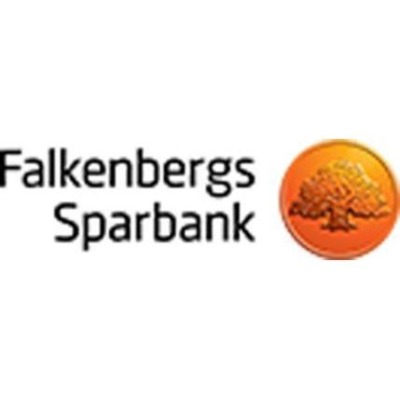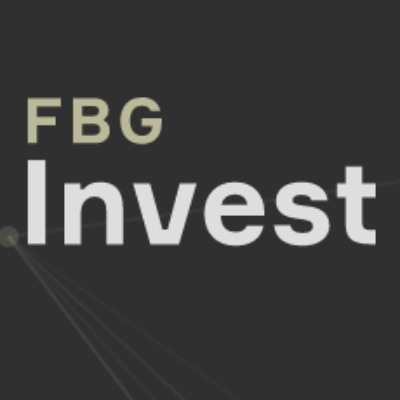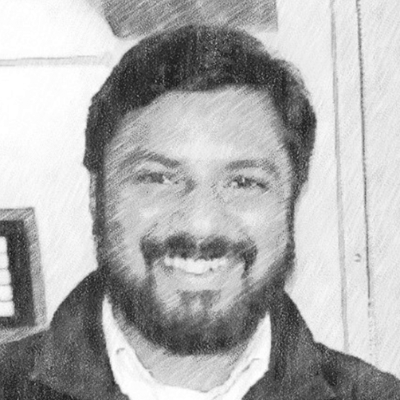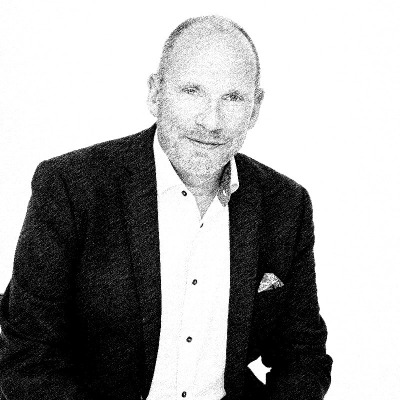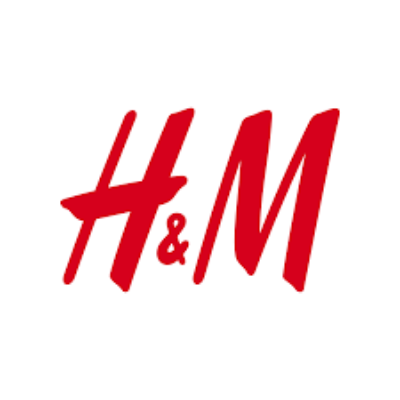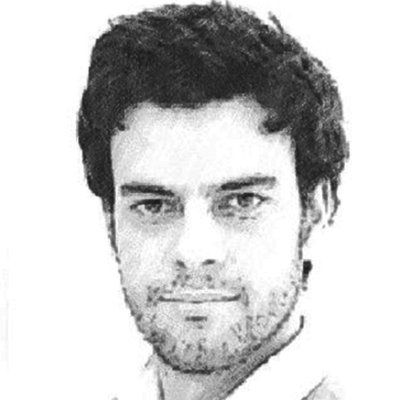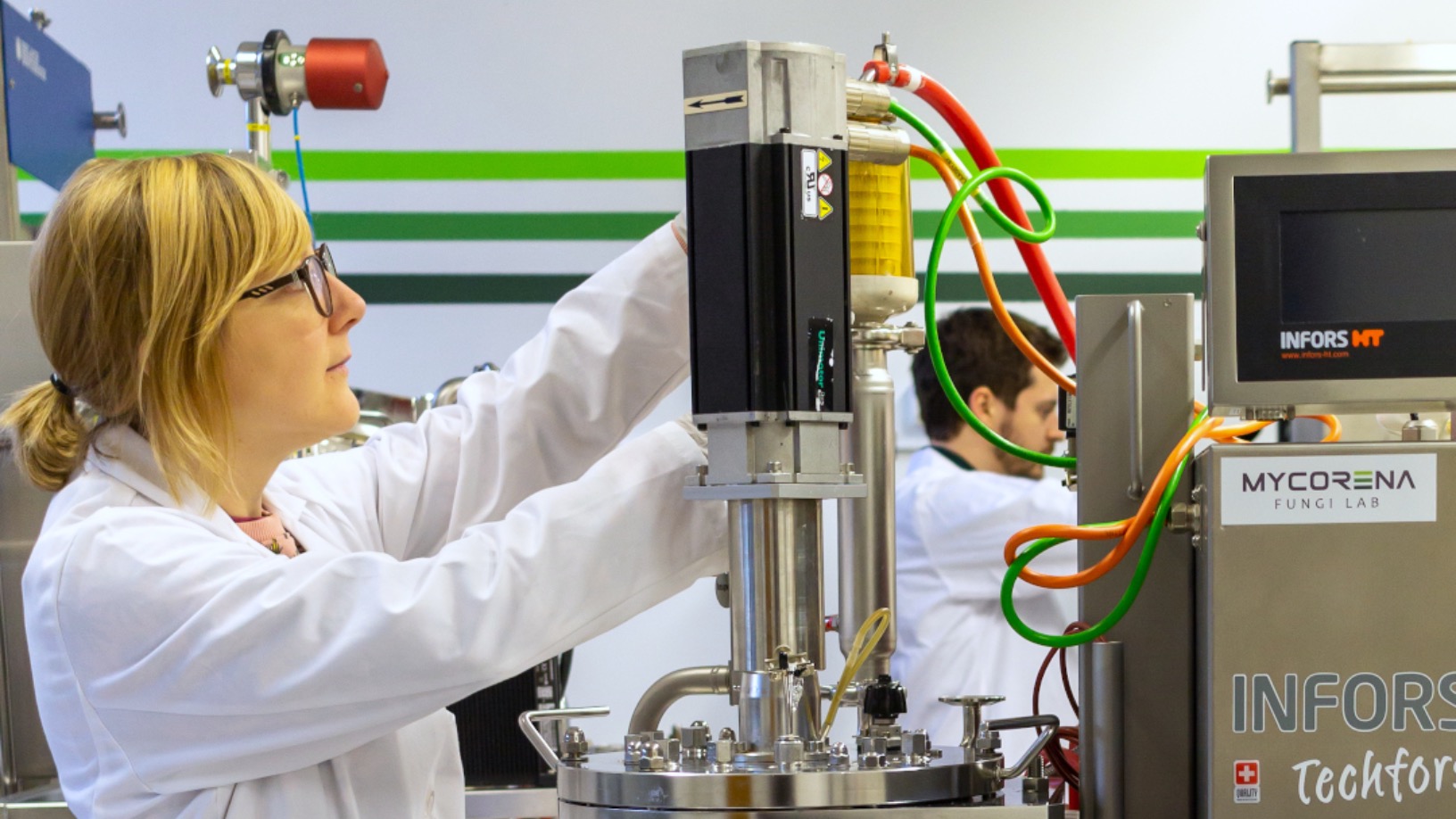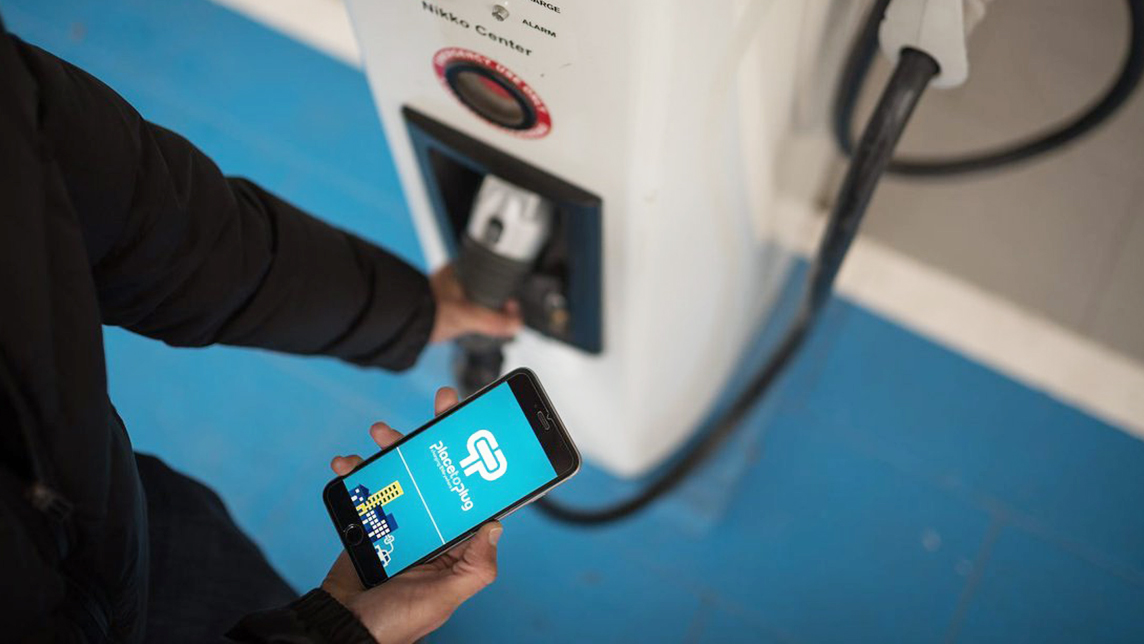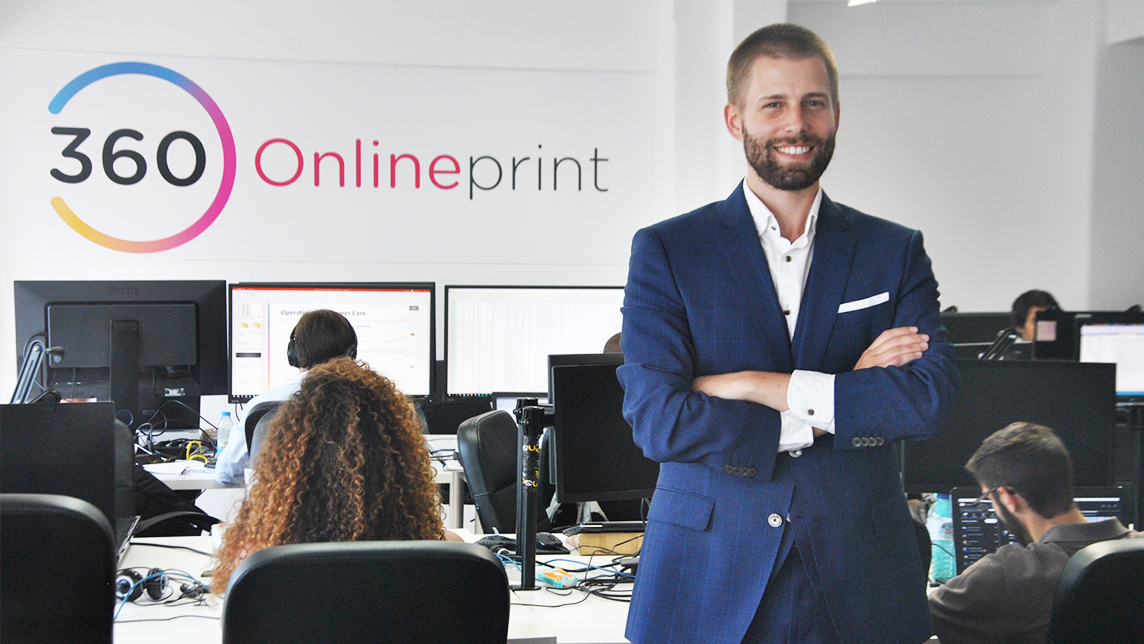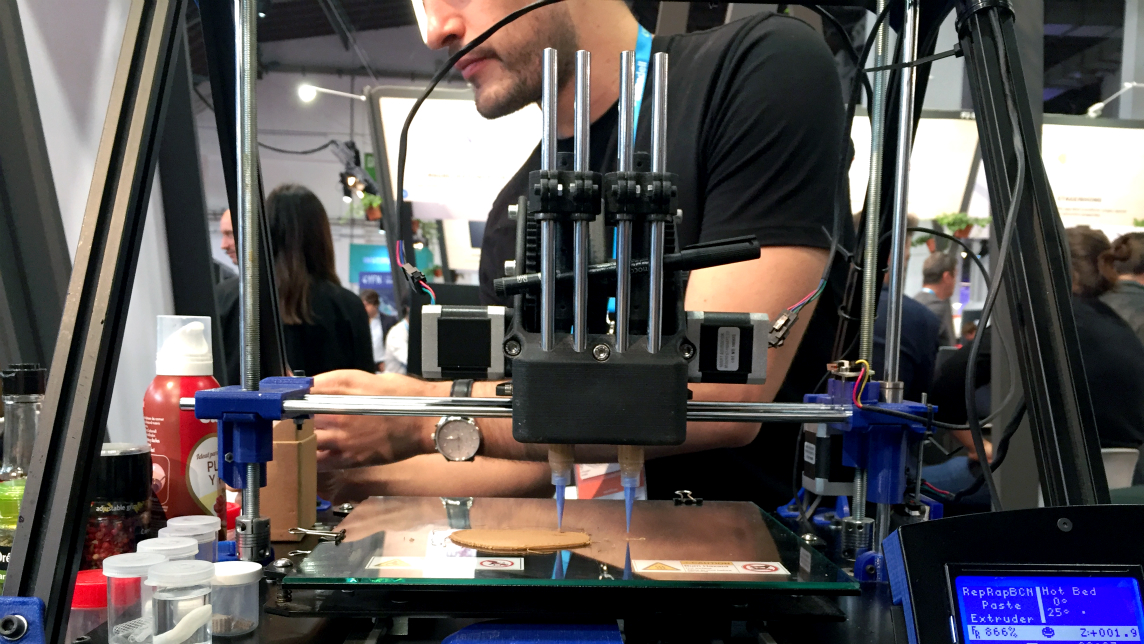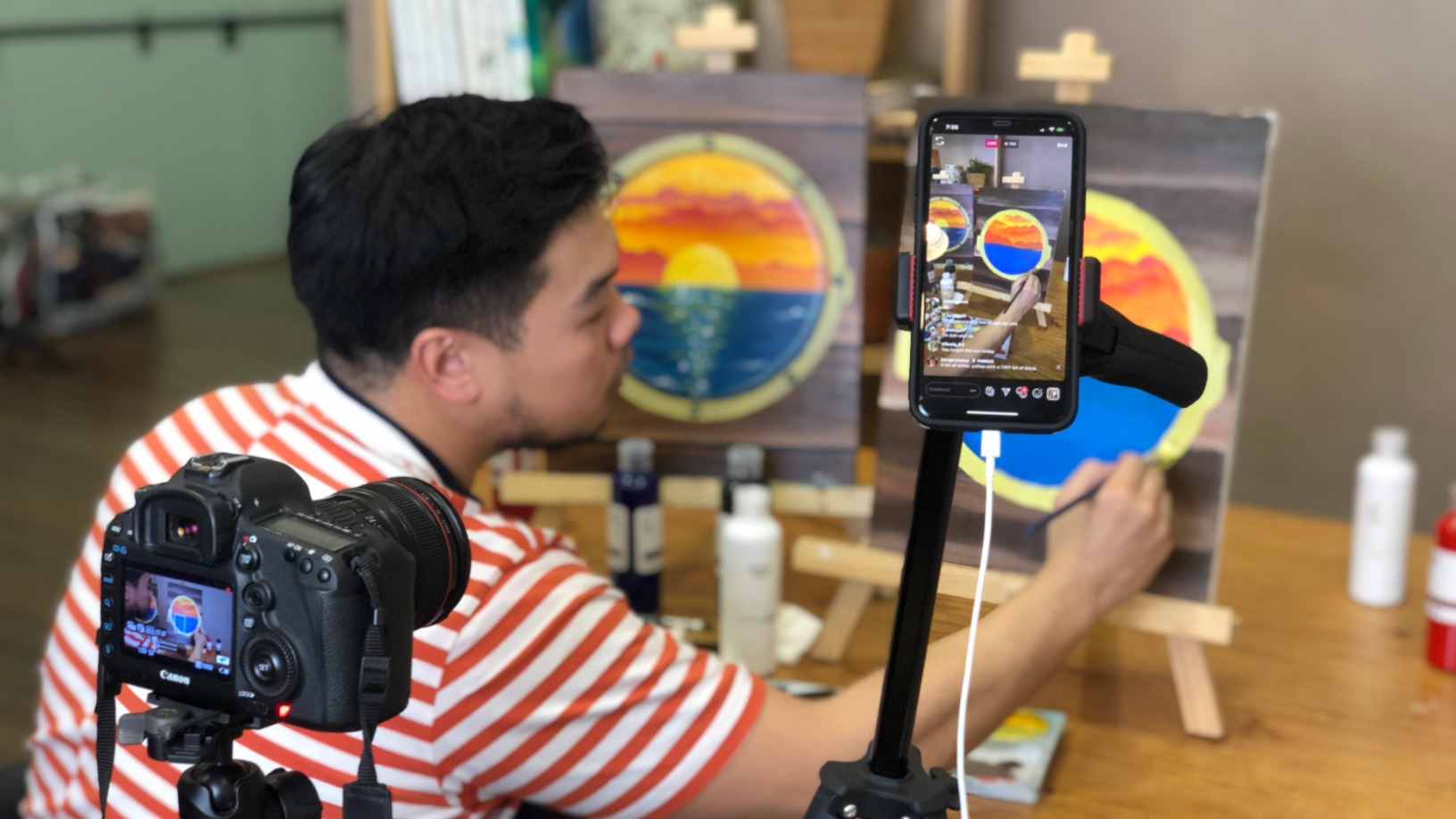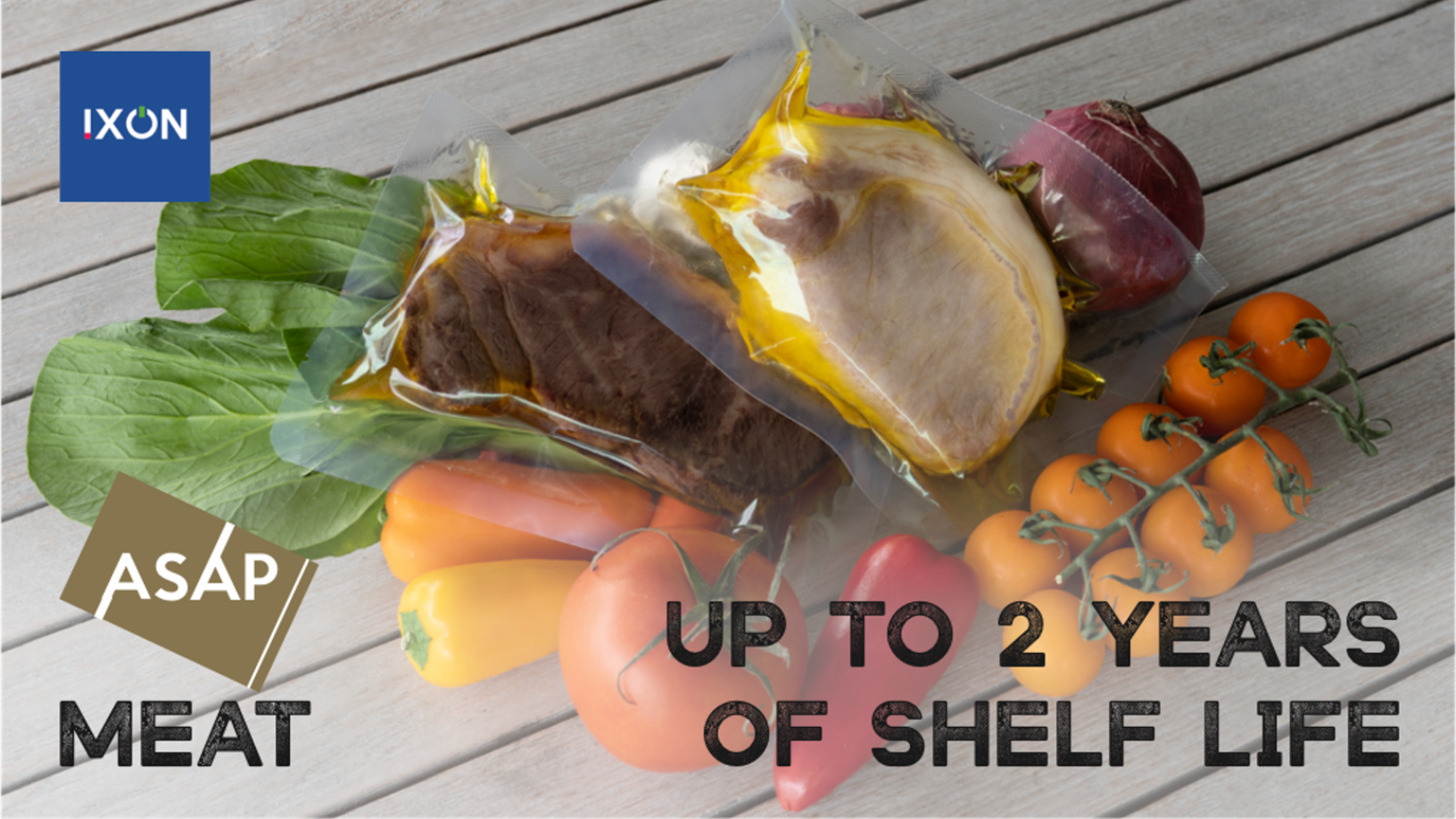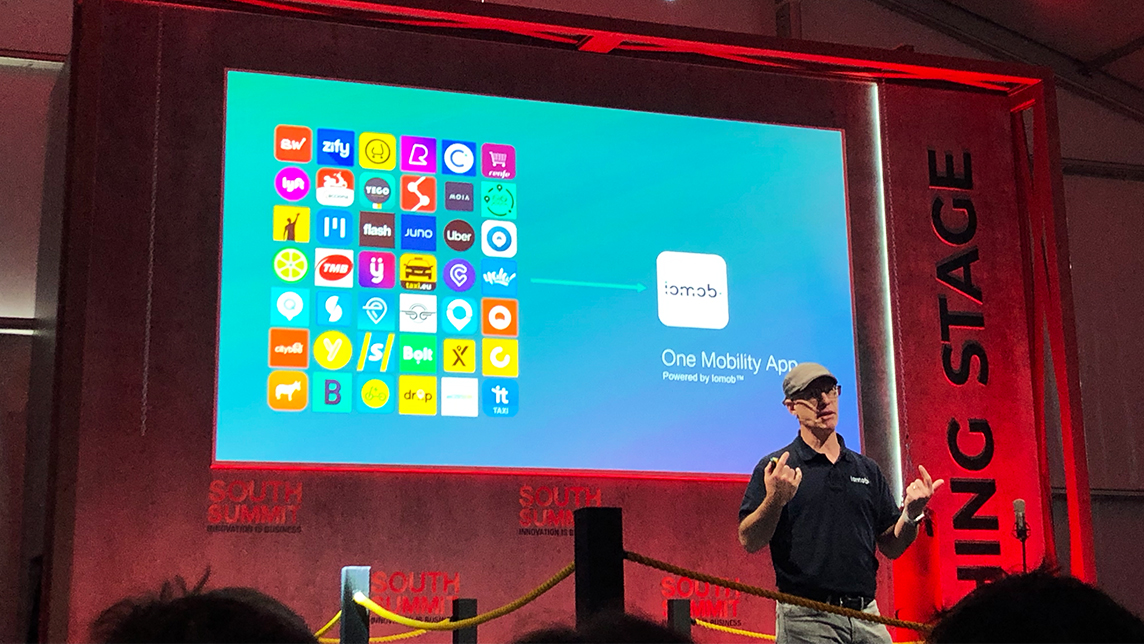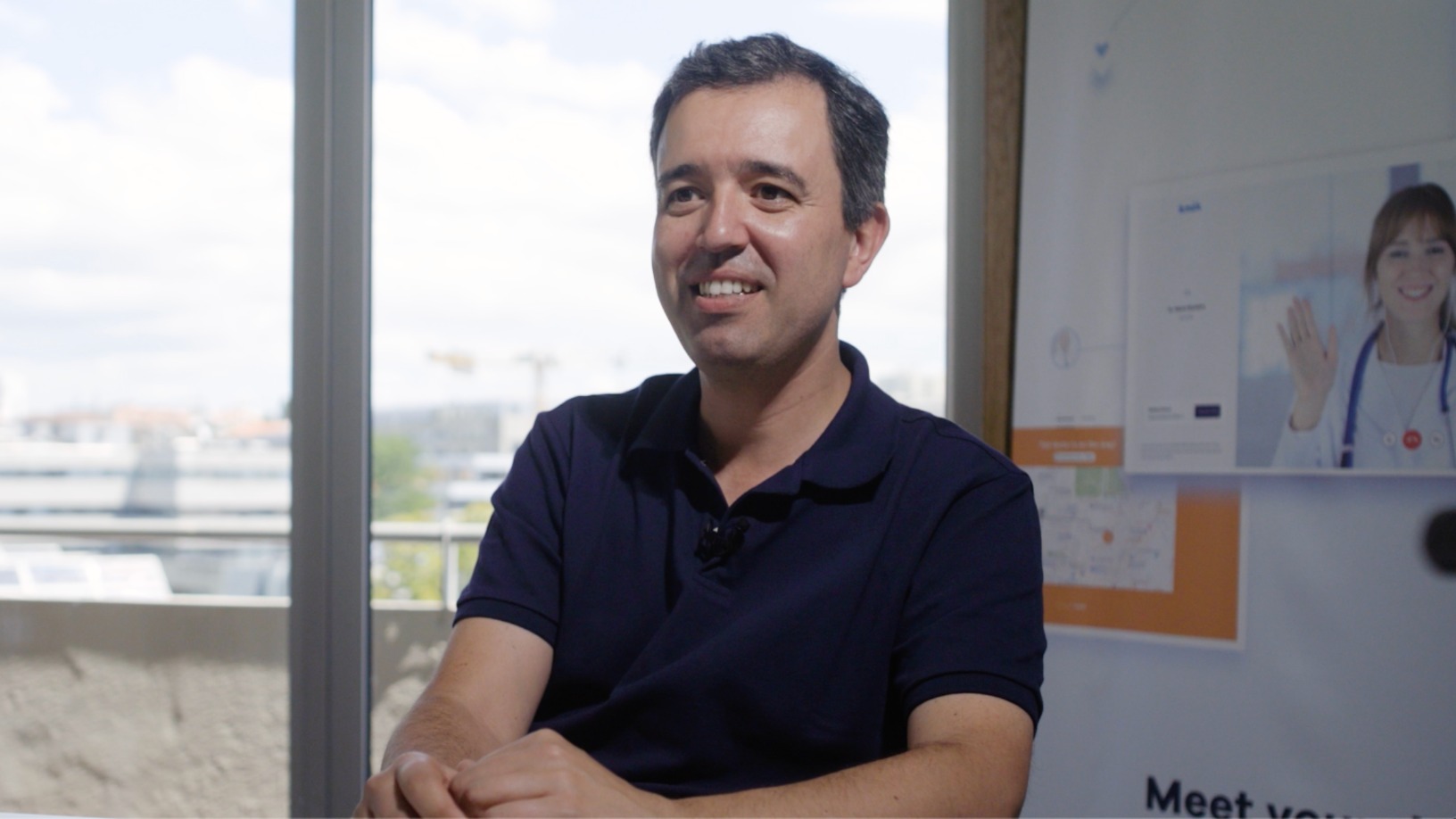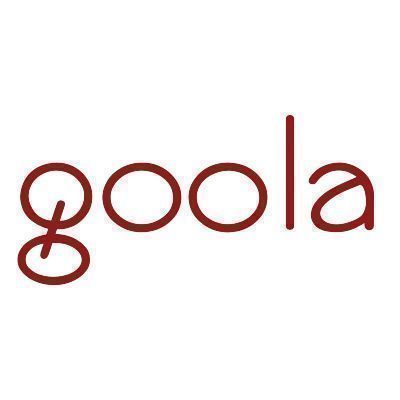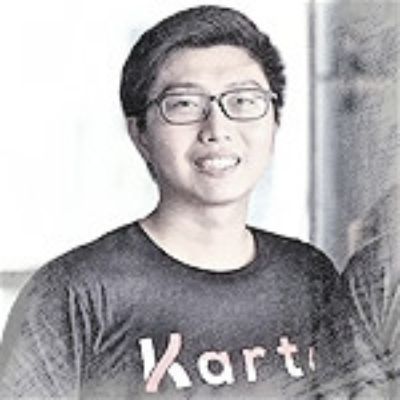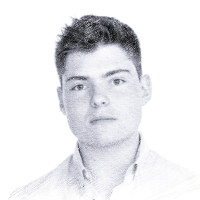Sweden
-
DATABASE (9)
-
ARTICLES (13)
Falkenbergs Sparbanks Foundation
Falkenbergs Sparbanks Foundation is part of the Swedish savings bank in the municpality of Falkenberg. Falkenbergs Sparbank is the 37th largest bank in Sweden in terms of total assets.
Falkenbergs Sparbanks Foundation is part of the Swedish savings bank in the municpality of Falkenberg. Falkenbergs Sparbank is the 37th largest bank in Sweden in terms of total assets.
FBG Invest is an industry network of investors based in Falkenberg, south Sweden. The network focuses on VC investments in local enterprises. Besides Mycorena in Gothenburg, FBG’s other investment is Consumiq that runs a Swedish grocery shopping app matlistan.
FBG Invest is an industry network of investors based in Falkenberg, south Sweden. The network focuses on VC investments in local enterprises. Besides Mycorena in Gothenburg, FBG’s other investment is Consumiq that runs a Swedish grocery shopping app matlistan.
With a 55-tone capacity to produce fungi-based proteins annually, Mycorena’s Gothenburg facility will showcase its mycoprotein R&D and spur commercial expansion across Europe.
With a 55-tone capacity to produce fungi-based proteins annually, Mycorena’s Gothenburg facility will showcase its mycoprotein R&D and spur commercial expansion across Europe.
CEO and founder of Mycorena
Ramkumar Nair graduated in biotechnology at the Cochin University of Science and Technology in Kerala before going to Sweden for postgrad studies in 2013.During his PhD in industrial biotechnology at the University of Borås, he embarked on a research project to create fungi-based proteins from discarded sidestreams generated by food producers. After extensive research in 2017, he founded Mycorena in Gothenburg to produce mycoproteins using fermentation technology.The startup’s first commercial product, Promyc, is now being sold to global food companies as a more sustainable and nutritional alt-protein compared to traditional plant-based proteins.
Ramkumar Nair graduated in biotechnology at the Cochin University of Science and Technology in Kerala before going to Sweden for postgrad studies in 2013.During his PhD in industrial biotechnology at the University of Borås, he embarked on a research project to create fungi-based proteins from discarded sidestreams generated by food producers. After extensive research in 2017, he founded Mycorena in Gothenburg to produce mycoproteins using fermentation technology.The startup’s first commercial product, Promyc, is now being sold to global food companies as a more sustainable and nutritional alt-protein compared to traditional plant-based proteins.
CEO and co-founder of Infinited Fiber
Petri Alava has over 15 years of industry experience in logistics, publishing and waste management. In 1989, he completed a master’s in industrial engineering and started his management career at Finncont Oy, a subsidiary of GWS Group. He went on to work at Rocla Oy in 2001 as managing director of the Rocla Robotruck Group with manufacturing units in Finland and Sweden. He also held senior management roles at Vapo Oy and Kekkilä Oy.In 2015, he became the managing partner of Profon Oy and also co-founded cleantech materials startup Infinited Fiber as CEO. Based in Helsinki, he is also currently chairman of various companies, as well as the CEO of Solid Environmental Technologies.
Petri Alava has over 15 years of industry experience in logistics, publishing and waste management. In 1989, he completed a master’s in industrial engineering and started his management career at Finncont Oy, a subsidiary of GWS Group. He went on to work at Rocla Oy in 2001 as managing director of the Rocla Robotruck Group with manufacturing units in Finland and Sweden. He also held senior management roles at Vapo Oy and Kekkilä Oy.In 2015, he became the managing partner of Profon Oy and also co-founded cleantech materials startup Infinited Fiber as CEO. Based in Helsinki, he is also currently chairman of various companies, as well as the CEO of Solid Environmental Technologies.
The Oslo-born venture capital company, Northzone VC, has offices in Norway, Sweden, London and New York, and was founded in 1996. It has invested in more than 130 companies globally, across a spectrum of sectors, and at different stages, and has around €1 billion under investment currently. It has seen nine IPOs from its portfolio and manages nine funds. It has been lead investor in almost 70 rounds and has seen 30 exits to date.
The Oslo-born venture capital company, Northzone VC, has offices in Norway, Sweden, London and New York, and was founded in 1996. It has invested in more than 130 companies globally, across a spectrum of sectors, and at different stages, and has around €1 billion under investment currently. It has seen nine IPOs from its portfolio and manages nine funds. It has been lead investor in almost 70 rounds and has seen 30 exits to date.
Creandum invests in early-stage technology firms in the consumer internet, software and hardware sectors. The firm has grown from having 10 startups in its portfolio and an advisory team scattered across Sweden in 2007, to being headquartered in Stockholm with offices in Berlin, San Francisco and Guernsey and a total five funds raised worth over €700m. It's most recent fund raised €265m in 2019 and will ofcus on European startups. The company was the lead investor in more than a third of its almost 150 investments to date and was Spotify's first institutional investor. The most recent investments include in Spanish HR SaaS Factorial's €15m Series A round and in German tax assistant app Taxfix's US$65m Series C round.
Creandum invests in early-stage technology firms in the consumer internet, software and hardware sectors. The firm has grown from having 10 startups in its portfolio and an advisory team scattered across Sweden in 2007, to being headquartered in Stockholm with offices in Berlin, San Francisco and Guernsey and a total five funds raised worth over €700m. It's most recent fund raised €265m in 2019 and will ofcus on European startups. The company was the lead investor in more than a third of its almost 150 investments to date and was Spotify's first institutional investor. The most recent investments include in Spanish HR SaaS Factorial's €15m Series A round and in German tax assistant app Taxfix's US$65m Series C round.
H&M’s first shop was founded 74 years ago in Sweden by Erling Persson under the name “Hennes”, Swedish for "hers" since the shop was selling only women's apparel. In 1968, Persson expanded into menswear by acquiring Swedish retailer Mauritz Widforss. Hence the rebranding of the company into Hennes & Mauritz (H&M). In 1974, H&M was listed on the Stockholm Stock Exchange. Since then, H&M has expanding internationally opening its first store in London and the rest of Europe and also to the US in early 2000.In 2008, the company also moved into the home furnishings segment and launched H&M Home stores worldwide. The fashion chain can now be found across Europe, the US, Asia and the Middle East. The group expanded further by acquiring fast-fashion brands like Weekday, Monki and Cheap Monday. In April 2021, H&M Group announced a collaboration with textile cleantech Infinited Fiber to launch proof-of-concept denim created wholly from regenerated textile waste as part of its commitment to use only recycled or sustainably sourced materials by 2030.
H&M’s first shop was founded 74 years ago in Sweden by Erling Persson under the name “Hennes”, Swedish for "hers" since the shop was selling only women's apparel. In 1968, Persson expanded into menswear by acquiring Swedish retailer Mauritz Widforss. Hence the rebranding of the company into Hennes & Mauritz (H&M). In 1974, H&M was listed on the Stockholm Stock Exchange. Since then, H&M has expanding internationally opening its first store in London and the rest of Europe and also to the US in early 2000.In 2008, the company also moved into the home furnishings segment and launched H&M Home stores worldwide. The fashion chain can now be found across Europe, the US, Asia and the Middle East. The group expanded further by acquiring fast-fashion brands like Weekday, Monki and Cheap Monday. In April 2021, H&M Group announced a collaboration with textile cleantech Infinited Fiber to launch proof-of-concept denim created wholly from regenerated textile waste as part of its commitment to use only recycled or sustainably sourced materials by 2030.
Co-CEO and Co-founder of Notpla (formerly Skipping Rocks Lab)
Rodrigo García González graduated in Architecture at the Technical University of Madrid (ETSAM) in 2009 and also completed various PhD courses in advanced architecture at his alma mater.In 2006, the architect student joined an EU Asia-Link sustainable humane habitat program that included stints at the Centre for Environmental Planning and Technology (CEPT) University in India. He also won a SMILE scholarship to study industrial design at Pontificia Universidad Católica in Chile for one year. In 2011, he obtained a scholarship to study industrial design and business at Umeå Institute of Design in Sweden. In 2014, he completed two master’s programs in innovation design engineering run by London’s Imperial College and Royal College of Art.In July 2014, he co-founded Skipping Rocks Lab, that was later pivoted into Notpla, a UK-based startup that develops compostable and edible packaging materials made of seaweed and other plants.Since 2007, he has worked with various institutions in Europe, Latin America and the US including Cornell University, CEPT, Imperial College and Royal College of Art. In 2016, he became a senior lecturer for a degree program in product and furniture design at Kingston University.He has two patents for his work on structural and deployable systems. His designs have also been featured in prestigious art centers like the Cite de l'Architecture of Paris and the Venice Biennale of Architecture.Other projects include the Hop! suitcase that can follow the user by tracking the signal of the user’s mobile phone and Aer, an artificial cloud that can evaporate “drinkable” water from the sea. He also developed Zipizip, an architectural system that enables the construction of several floors of a building in a few hours.
Rodrigo García González graduated in Architecture at the Technical University of Madrid (ETSAM) in 2009 and also completed various PhD courses in advanced architecture at his alma mater.In 2006, the architect student joined an EU Asia-Link sustainable humane habitat program that included stints at the Centre for Environmental Planning and Technology (CEPT) University in India. He also won a SMILE scholarship to study industrial design at Pontificia Universidad Católica in Chile for one year. In 2011, he obtained a scholarship to study industrial design and business at Umeå Institute of Design in Sweden. In 2014, he completed two master’s programs in innovation design engineering run by London’s Imperial College and Royal College of Art.In July 2014, he co-founded Skipping Rocks Lab, that was later pivoted into Notpla, a UK-based startup that develops compostable and edible packaging materials made of seaweed and other plants.Since 2007, he has worked with various institutions in Europe, Latin America and the US including Cornell University, CEPT, Imperial College and Royal College of Art. In 2016, he became a senior lecturer for a degree program in product and furniture design at Kingston University.He has two patents for his work on structural and deployable systems. His designs have also been featured in prestigious art centers like the Cite de l'Architecture of Paris and the Venice Biennale of Architecture.Other projects include the Hop! suitcase that can follow the user by tracking the signal of the user’s mobile phone and Aer, an artificial cloud that can evaporate “drinkable” water from the sea. He also developed Zipizip, an architectural system that enables the construction of several floors of a building in a few hours.
Mycorena: Fungi-based vegan protein challenging traditional plant-based ingredients
Award-winning Swedish biotech startup is scaling production of mycoprotein to become a key player in the emerging market for functional proteins
Stockeld Dreamery: Vegan cheese created together with chefs
Backed by €16.5m in new funding, Stockeld Dreamery sets to expand into Europe and North America, and double its team to 50 a year on
Place to Plug: Symbiosis in scaling with the electric vehicle sector
Launched commercially just five months ago, EV-charging infrastructure platform Place to Plug has already attracted attention from investors in Silicon Valley and Asia
360imprimir: “We want to be the Amazon of corporate products and marketing services”
Online printing services platform 360imprimir recently raised €18m, one of Portugal's biggest funding rounds, for its global expansion
UpHill: Helping doctors put the latest research into practice
Born out of practitioners’ difficulty in keeping up with latest treatments and protocols, UpHill now includes guidance on Covid-19
Women entrepreneurs get ahead faster in Portugal
Still a long way to go for equality, but female founders in Portugal have made significant headstarts as tech innovators
Novameat: 3D printing tech to develop meat substitute products
Italian scientist Giuseppe Scionti has repurposed bioprinting technology used to create an artificial human ear to develop a plant-based "steak"
Paint-and-sip startup Bartega pivots online amid Covid-19, spreading the joy of painting to more
The Indonesian startup finds new opportunities for growth in its unexpected shift
IXON: Preserving food without canning or freezing
Chinese foodtech IXON aims to disrupt global cold chain logistics with its novel food preparation and packaging solution that keeps food fresh at room temperature for years
Heura by Foods for Tomorrow: Another new kid on the multibillion-dollar alternative protein market
Already selling in nine countries, Heura’s recent entry into the UK, Europe's largest market for meat substitutes, could prove its biggest test to date
Iomob: Universal mobility app to help people find best route from A to B
Rapid growth in MaaS will boost revenue to over €1m by 2020 for Spanish transport app Iomob
Europe ramps up development of local EV battery sector in race to zero emissions
Startups, automakers jostle or unite to ride the fast-growing EV battery market, as the EU pumps billions into developing its own value chain, to cut reliance on imports
Knokcare: Telemedicine app connects you to doctors in 30 minutes
Seeking funding of over €1m, Portugal’s digital healthcare pioneer is expanding its SaaS to tap new markets in Europe, Africa and Latin America
Sorry, we couldn’t find any matches for“Sweden”.
